On the morning of May 21, at the World Heritage Site of Thang Long Imperial Citadel (Hanoi), the Ministry of Foreign Affairs , the Vietnam National Commission for UNESCO, in collaboration with the UNESCO Office in Vietnam and the Hanoi People's Committee, organized an international scientific conference "Protecting and promoting the values of World Heritage: Community-based approach for sustainable development".
Attending the workshop was Mr. Lazare Eloundou Assomo - Director of UNESCO World Heritage Center.
The workshop is an event in a series of activities to implement the Action Plan for the period 2021-2025 of the Vietnam National Commission for UNESCO and the Memorandum of Understanding on Vietnam-UNESCO Cooperation for the period 2021-2025.
According to Mr. Jonathan Baker, Head of UNESCO Office in Vietnam, local communities are not only beneficiaries of heritage conservation but also key stakeholders and guardians of these values.
Community-centred means allowing local people to participate in decision-making, organise cultural activities and benefit economically and socially from heritage-related initiatives. This ensures long-term sustainability, as well as local economic development.
 |
Heritage education at Thang Long Imperial Citadel. |
Vietnam currently has 8 cultural and natural heritages recognized by UNESCO as World Heritage Sites. All heritages are protected and their values are effectively promoted. In 2024 alone, 8 World Cultural and Natural Heritages in Vietnam welcomed about 14.9 million tourists.
On November 23, 2024, the National Assembly passed the Law on Cultural Heritage, contributing to the full institutionalization of the Party and State's guidelines and policies on cultural heritage. The Government is currently preparing to issue 3 Decrees to specify the issues raised in the Law on Cultural Heritage.
Regarding management, protection and promotion of values, over the years, Vietnam has created conditions for people to participate in this process proactively and positively in many different forms.
Typically, Thang Long Imperial Citadel has become a space to organize a series of educational and experiential activities for students.
In Hoi An, people are supported with funds to renovate and embellish valuable houses. Meanwhile, in Ha Long Bay, many cultural values and activities of the community living in the heritage area are exploited in tourism development.
In Phong Nha-Ke Bang, people are paid to participate in forest protection and are allowed to exploit certain forest products to serve their lives...
In addition, in many areas, intangible cultural heritages of communities living in heritage areas are preserved, exploited, and promoted for economic development...
At the workshop, delegates shared experiences from the perspective of state management and heritage ownership in promoting the value of world heritage to serve local socio-economic development and improve people's lives.
On this occasion, Director of the World Heritage Center Lazare Eloundou Assomo answered some questions raised by delegates, provided professional advice on the protection and promotion of world heritage values in a community-based approach and shared some international experiences.
Scientists have proposed a number of recommendations for heritage management such as: Continuing to improve the legal basis; promoting and further raising awareness, role and participation of the community because they are the owners of heritage; strengthening environmental protection, sustainable use of resources, sustainable tourism development; improving the capacity of heritage management staff; applying information technology and digital transformation to the management, conservation and promotion of heritage values.
Source: https://nhandan.vn/phat-huy-gia-tri-di-san-the-gioi-dua-vao-su-tham-gia-cua-cong-dong-post881279.html



![[Photo] Prime Minister Pham Minh Chinh receives the President of Asia-Pacific region of PowerChina Group](https://vphoto.vietnam.vn/thumb/1200x675/vietnam/resource/IMAGE/2025/5/21/0f4f3c2f997b4fdaa44b60aaac103d91)
![[Photo] Determining the pairs in the team semi-finals of the National Table Tennis Championship of Nhan Dan Newspaper](https://vphoto.vietnam.vn/thumb/1200x675/vietnam/resource/IMAGE/2025/5/21/eacbf7ae6a59497e9ae5da8e63d227bf)
![[Photo] Prime Minister Pham Minh Chinh receives Rabbi Yoav Ben Tzur, Israeli Minister of Labor](https://vphoto.vietnam.vn/thumb/1200x675/vietnam/resource/IMAGE/2025/5/21/511bf6664512413ca5a275cbf3fb2f65)

![[Photo] Scientific workshop "Building a socialist model associated with socialist people in Hai Phong city in the period of 2025-2030 and the following years"](https://vphoto.vietnam.vn/thumb/1200x675/vietnam/resource/IMAGE/2025/5/21/5098e06c813243b1bf5670f9dc20ad0a)
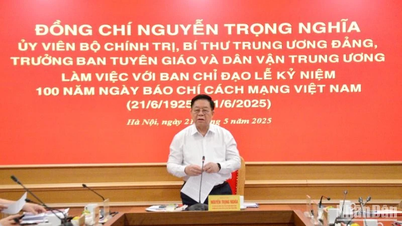
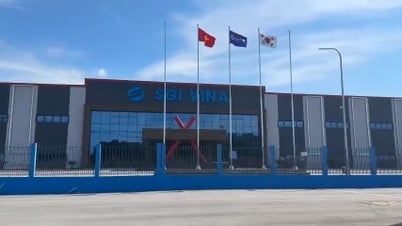

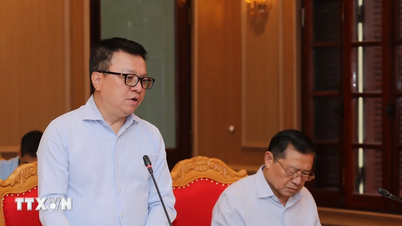









![[Photo] Determining the pairs in the team semi-finals of the National Table Tennis Championship of Nhan Dan Newspaper](https://vphoto.vietnam.vn/thumb/402x226/vietnam/resource/IMAGE/2025/5/21/eacbf7ae6a59497e9ae5da8e63d227bf)

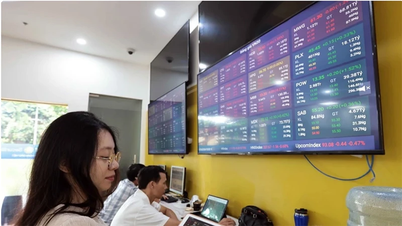

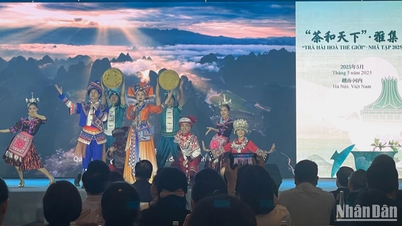
![[Photo] Prime Minister Pham Minh Chinh receives Rabbi Yoav Ben Tzur, Israeli Minister of Labor](https://vphoto.vietnam.vn/thumb/402x226/vietnam/resource/IMAGE/2025/5/21/511bf6664512413ca5a275cbf3fb2f65)









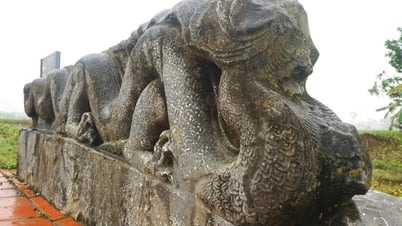








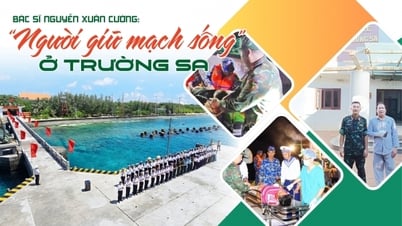










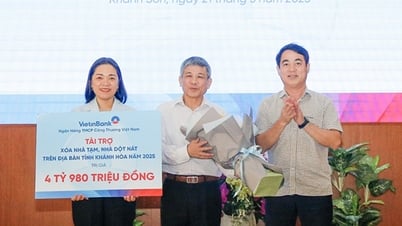




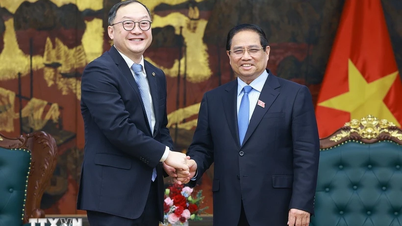






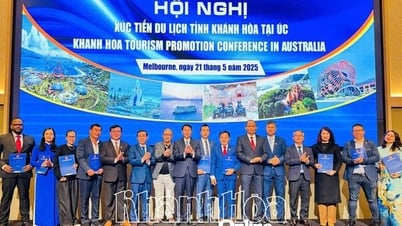
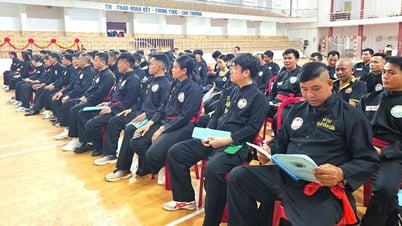



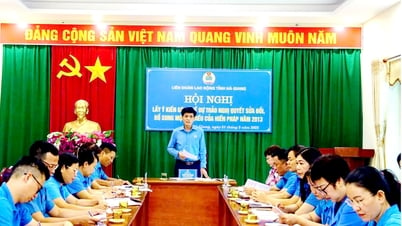

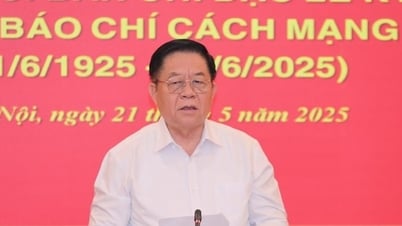

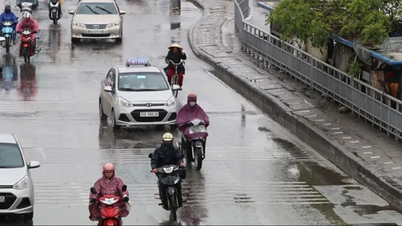



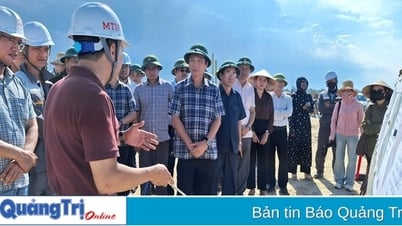












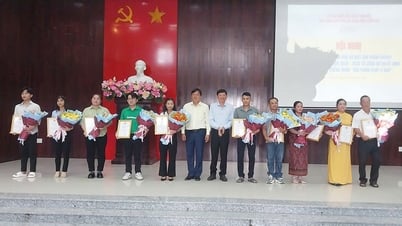

Comment (0)